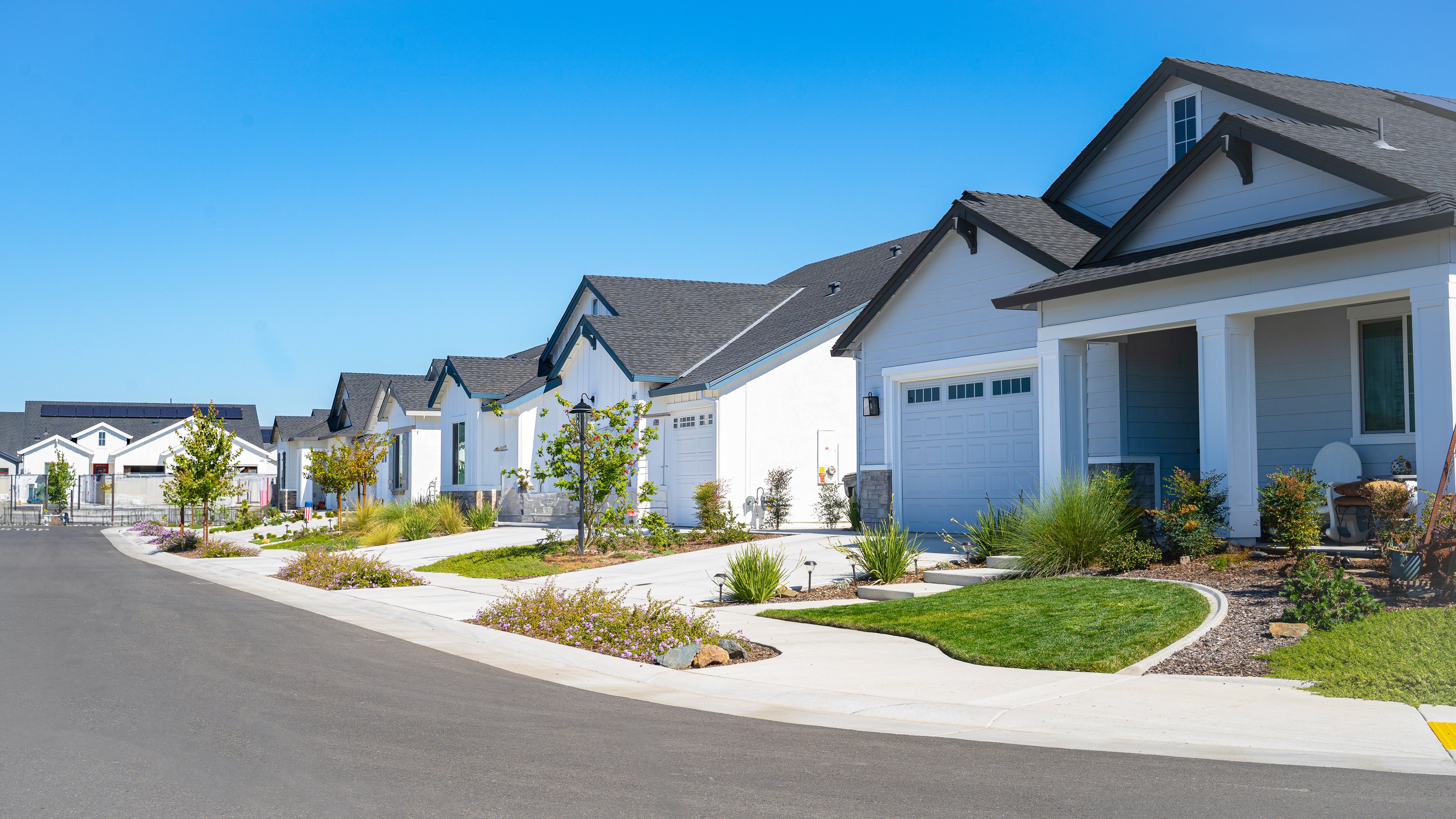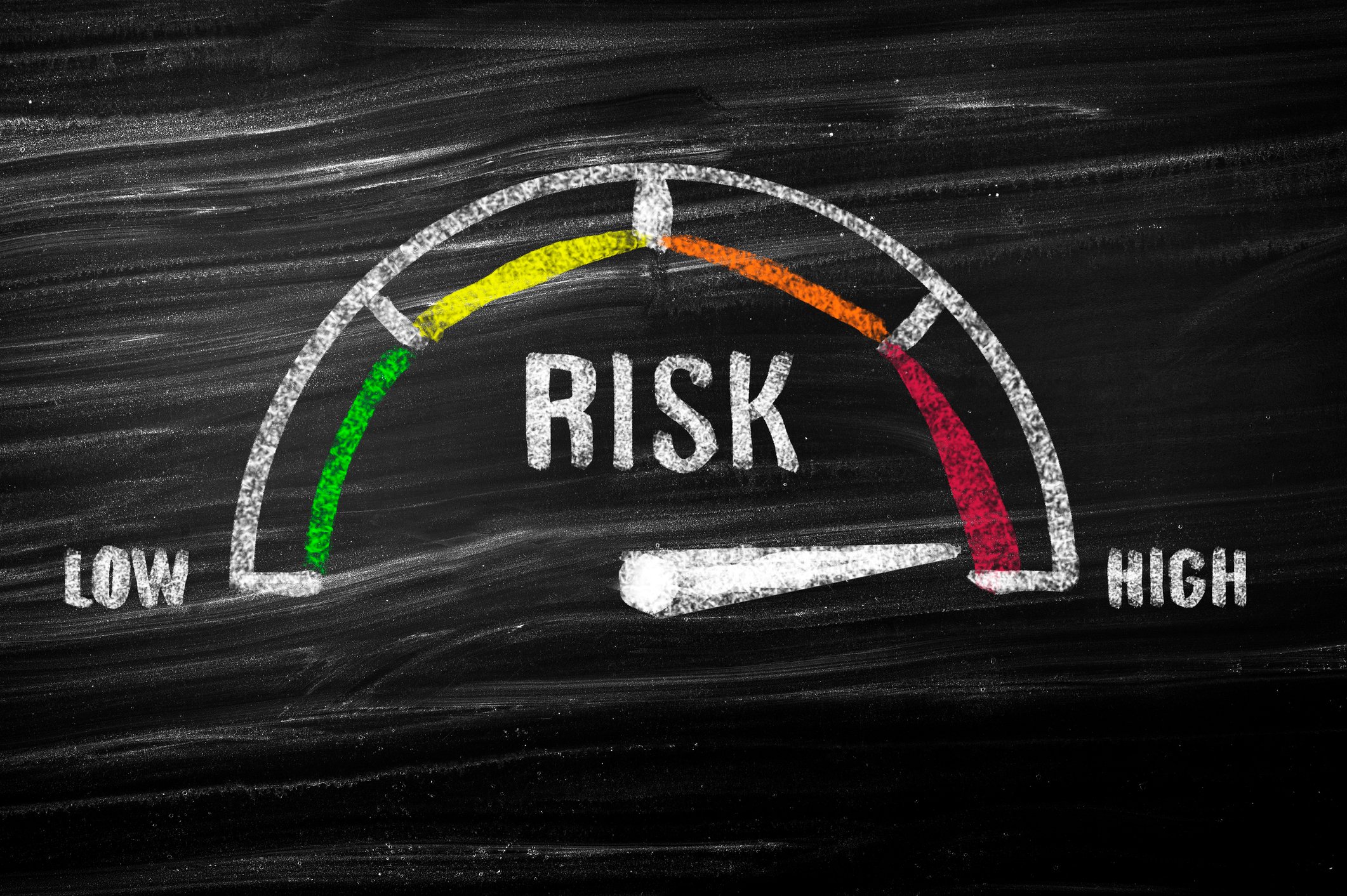Opendoor Technologies (OPEN 7.80%) soared earlier this month as meme stock investors lined up behind the stock under the guise that it could be the next Carvana.
However, after Opendoor peaked on July 21, the rally continued to fade this week, even though there was little news out on the stock. Instead, investors who had bought Opendoor for less than $1 early in the rally seemed to cash in their winnings, and interest from new investors wasn't enough to push the stock higher. There was also one news item that may have weighed on the stock as well.
According to data from S&P Global Market Intelligence, the stock was down 22.8% for the week as of Thursday at 1:29 p.m. ET.

Image source: Getty Images.
Is the Opendoor rally dead?
On Monday, Opendoor said it would adjourn a special meeting of stockholders that was intended to determine if the company should execute a reverse stock split.
The company had made the announcement about a reverse stock split back in May when the stock was trading below $1 a share. It received a letter from the Nasdaq, saying that its share price had been below $1 for 30 consecutive business days, putting it out of compliance with the exchange's standards.
The shares are now above $1, and the company said in a press release that due to the recent volatility in the share price, it thought it was better to allow for more time to assess market conditions before determining whether to go forward with the reverse split.
That announcement may have reminded meme investors of the reality facing Opendoor, as a reverse stock split is typically a last-ditch effort from a company to stay relevant.

NASDAQ: OPEN
Key Data Points
What this week's slide means for Opendoor
Opendoor's trading volume had soared earlier in July as the stock boomed, nearly reaching 2 billion shares on July 21, the day the stock peaked. Since then, it's declined by about 40%, and volume has returned to pre-meme stock levels, a negative sign.
Opendoor is set to report second-quarter earnings on Aug. 5. That could provide a catalyst for a recovery, but given the weakness in the housing market, its results are unlikely to impress. Analysts are calling for flat revenue at $1.5 billion and a loss per share of $0.02, a modest improvement from $0.04 in the quarter a year ago.





